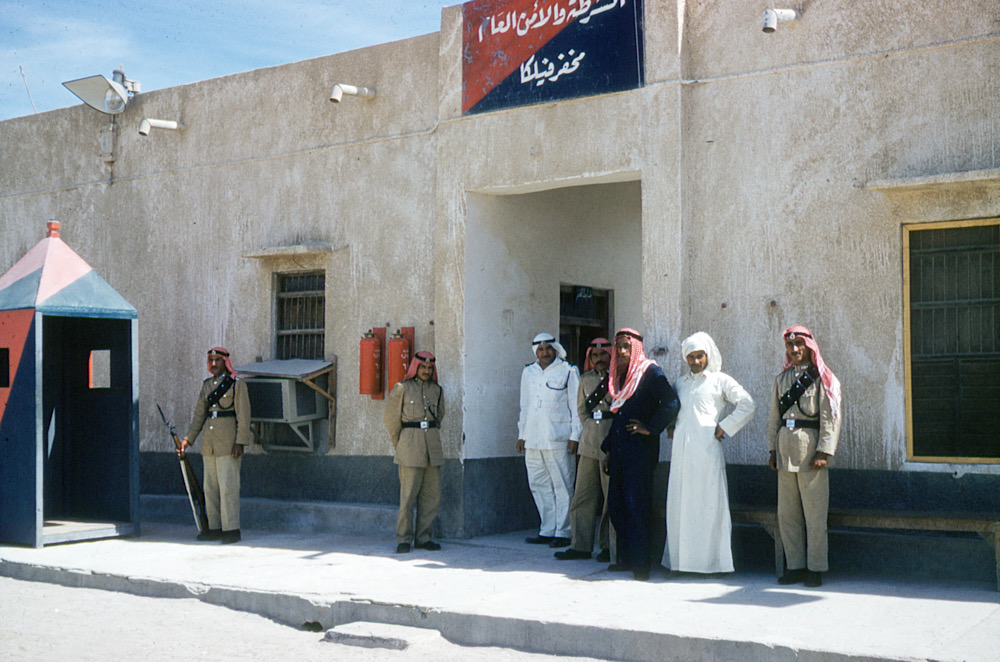Kuwait at risk once again of criminalising opinions
The country’s parliament is set to vet a controversial bill by the Information Ministry. Experts view it as a step backward for a country that guarantees more freedoms than other Gulf region states. If adopted, the bill would ban criticising top officials, including the crown prince.
Kuwait City (AsiaNews) – Kuwait’s Information Ministry has proposed a media bill that would outlaw criticism of top officials, sparking controversy and anger among critics who see it as an attempt to stifle freedom of information and violate human rights.
If adopted, such a law would mark a major step backward for the Gulf country, which enjoys at present the highest degree of freedom compared to other countries in the region, like Saudi Arabia and the United Arab Emirates, where media are under tighter controls.
Several Kuwaiti media have given wide coverage to the draft law, which aims to ban any form of criticism of high-level officials.
Many Kuwaitis have reacted to the bill with anger and disdain, fearing a possible crackdown on individual rights in one of the most open countries in the region.
Some Kuwaiti MPs have also slammed it as a "violation of democracy" and an attempt to "silence and intimidate" citizens.
"There should be no prison sentence for an opinion," lawmaker Saud Alasfoor posted on X (ex-twitter).
As one of the world's largest oil producers, Kuwait has a vibrant political life by the standards of a region that is largely conservative, where public debate and forms of dissent are kept under tight control by ruling families.
Yet, despite its active National Assembly, the country has often been gripped by political stalemate with major battles between the executive and legislative branches of government. The latter is normally appointed by the ruling emir, and hung parliaments have often been dissolved for fresh elections.
Under the bill, several new restrictions would be implemented, including a ban on criticising the crown prince, Sheikh Meshal al-Ahmad al-Jaber Al-Sabah; currently, only the emir, Kuwait’s ruler, was above criticism.
If the law passes, it would be virtually impossible to criticise or enquiry into members of the political elite, many of whom have been accused of corruption or mismanagement by civil society groups and are not forthcoming with respect to the proposed legislation.
Despite its reputation as an open society, many journalists, politicians and activists have been imprisoned in Kuwait over the years for insulting the emir.
The latest study by Reporters without Borders (RsF) ranks Kuwait 154th out of 180 countries in the world for press freedom.
Although it is better than most of the other Gulf states, the emirate is still far from ideal with parliament set to discuss the bill shortly, with a strong possibility of a major blow to media freedom.
"We ask that authorities [to] stop deterring journalists with legal proceedings... and prevent any infringement upon the work and liberty of journalists," said Jonathan Dagher, head of the Middle East desk at RsF.
Independent media such as Manshoor, a digital magazine founded in Kuwait 10 years ago with the aim of setting a new standard for independent Gulf journalism, are especially at risk.
Addressing taboo issues like sexual violence and the rights of women or migrant workers, it represents a rare voice in the region's media landscape, dominated by groups linked to oil-rich monarchies in Qatar or Saudi Arabia.
Recent articles in the newspaper have exposed the lack of police support and advocacy for women victims of sexual violence and the risk of traffic accidents involving food delivery drivers.
One article criticised the government's inflated claims about progress in renewable energy, while climate change is turning one of the hottest countries on earth into a furnace.
“Compared to neighbouring countries, we have more freedom," said Mohammad Almutawa, Manshoor's lead editor. Still, censorship has been rising in the country in recent years, he acknowledged.
"We try to maintain impartiality and objectivity,” he explained, while giving “the freedom to think and make their own decisions”.
Kuwait has a population of about 4.4 million, most of them expatriates, who cannot vote and are not likely to obtain Kuwaiti citizenship.
The first Parliament was elected in 1963, two years after independence from the United Kingdom on 19 June 1961.
The emirate, the first Arab country to adopt a constitution in 1962, remains politically unstable, and this has held back its economic development.
Oil exports represent 90 per cent of the government’s revenues, favouring corruption, with conflict between the government and parliament leading to long periods of political deadlock.
28/09/2022 18:56







.png)










